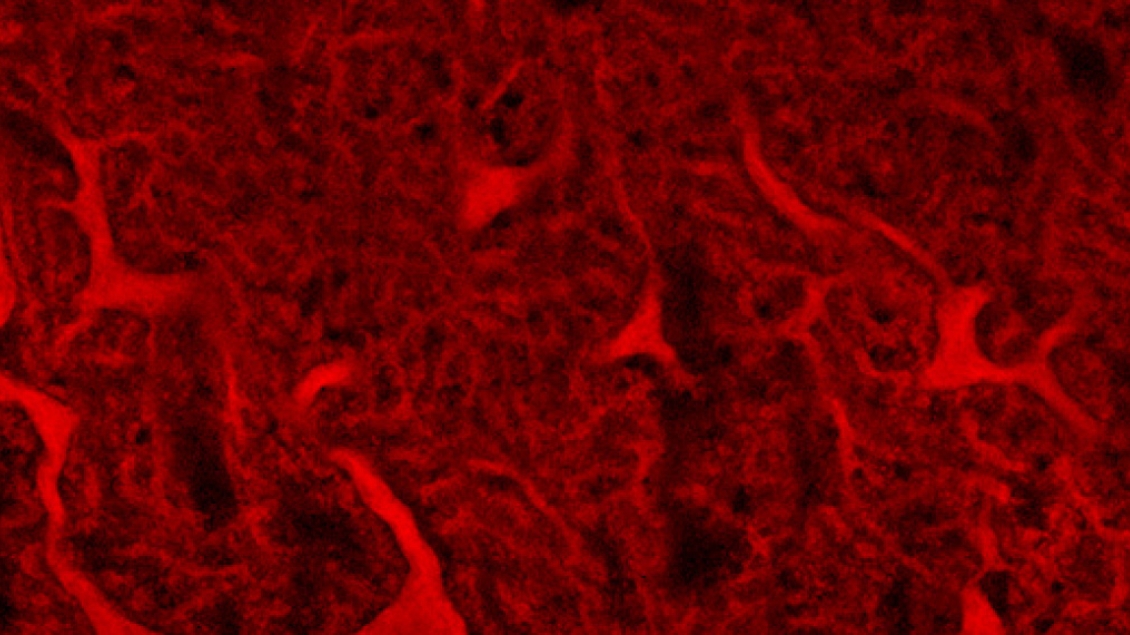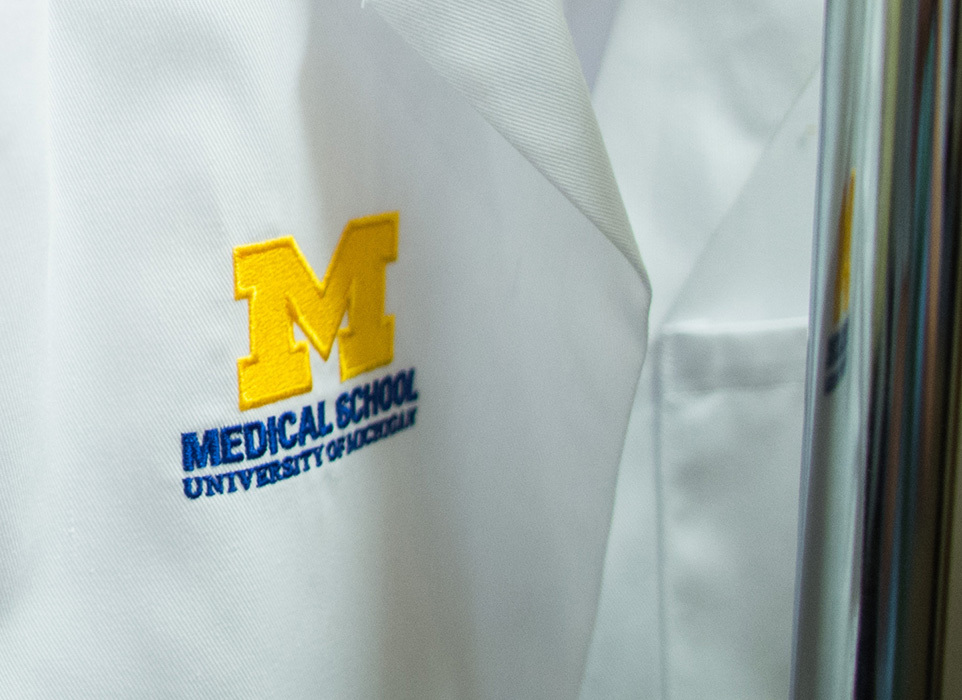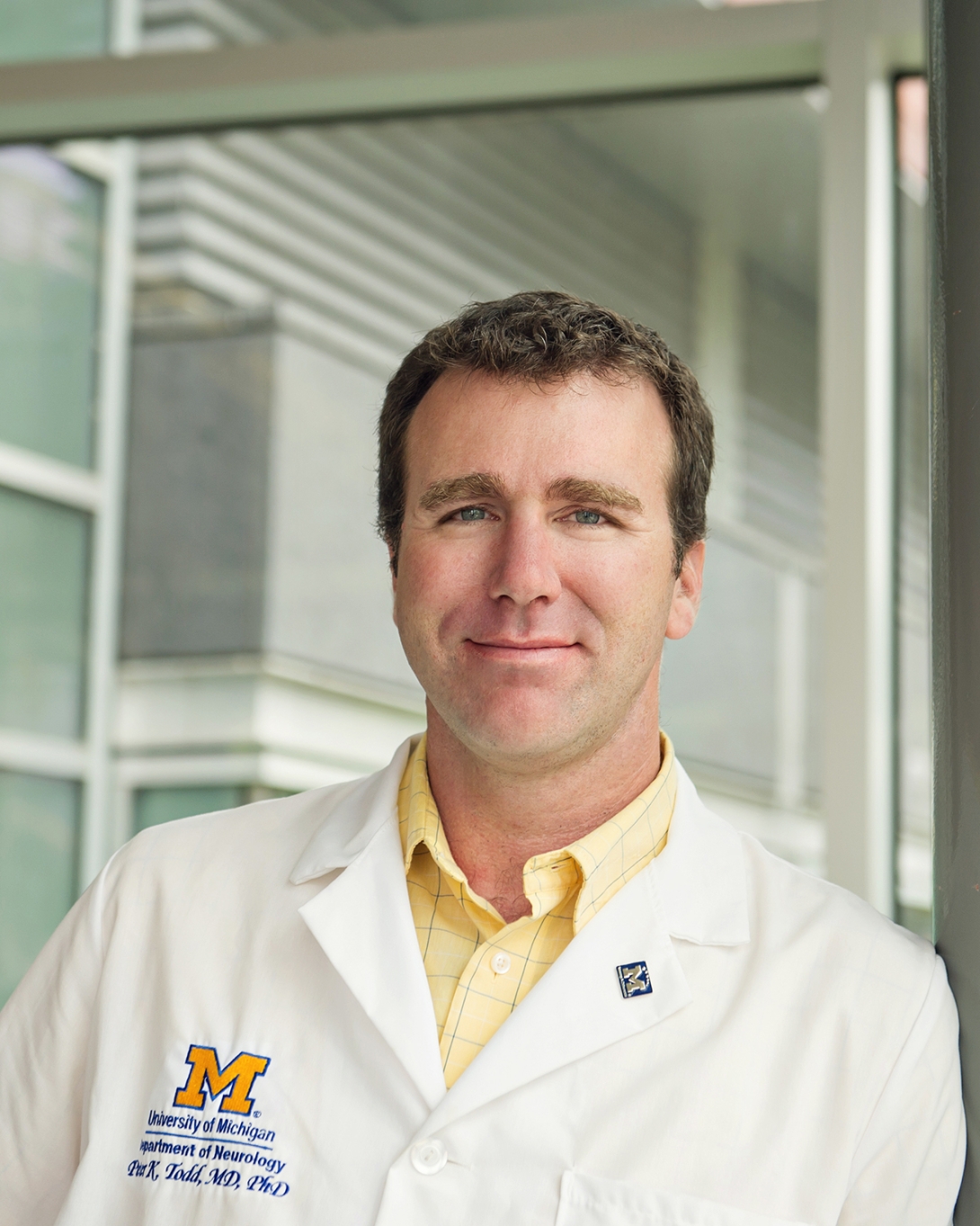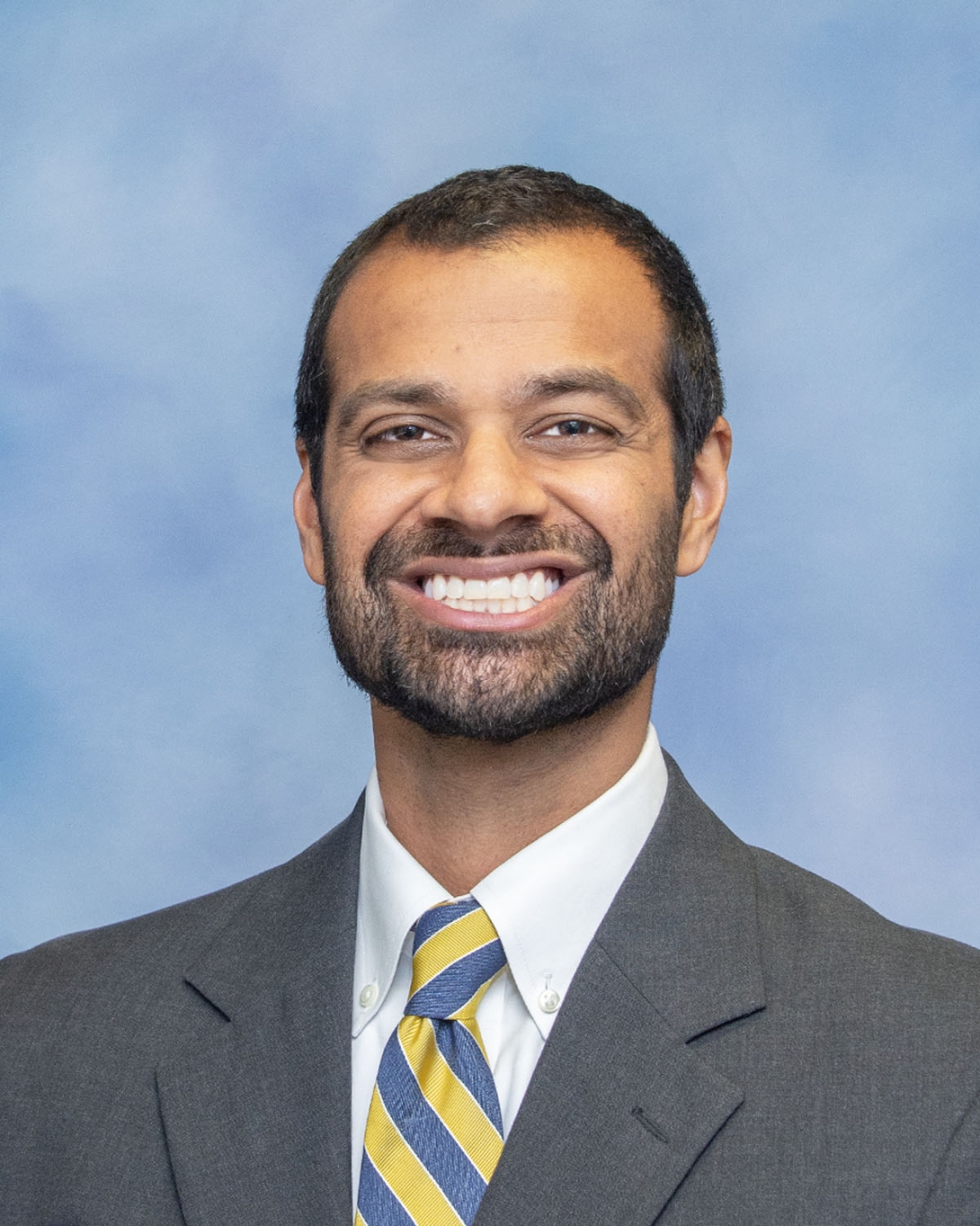-
Ataxia Program -
Cognitive Disorders Program -
Comprehensive Epilepsy Program -
Health Services Research Program -
Movement Disorders Program -
Multiple Sclerosis & Clinical Neuroimmunology Research Program -
NeCTO Program -
Neuromuscular Diseases & ALS Program -
Neuro-Oncology Program -
NeuroSport -
Sleep Medicine Program -
Stroke Program

We are leading the country in understanding the mechanisms causing hereditary ataxia and developing novel therapies for this disorder. Progressive Cerebellar Ataxia is a relatively rare clinical syndrome for which curative therapies are often not available.
Some types of ataxias are inherited, with the most common forms resulting from specific gene defects that generate neurotoxic proteins. The University of the Michigan Medical School is widely recognized as a national leader in both ataxia care and research.
Investigators in the Ataxia Research Program study the underlying disease mechanisms of different inherited ataxias with a goal of developing treatment strategies for what are now largely untreatable disorders.
Three clinician-researchers within our department form the core of ataxia research enterprise. Henry Paulson, MD, PhD studies spinocerebellar ataxia type three and the toxic proteins that are produced in this condition. Peter Todd, MD, PhD studies how nucleotide repeat expansions in ataxia genes cause neurotoxicity and cerebellar dysfunction. Sharan Srinivasan MD PhD, studies how exercise alters the brain to improve ataxia and coordination in hereditary ataxias.
Several non-clinician research investigators in the department also conduct studies aimed at better understanding and correcting the genetic causes of Spinocerebellar Ataxia. Hayley McLoughlin, PhD is a new tenure track faculty who is leading the charge in development of antisense oligonucleotide therapies for Spinocerebellar Ataxias. Maria do Carmo Costa, PhD is developing small molecule therapeutics for Spinocerebellar Ataxia Type 3 in preclinical models.
Michigan participates in several clinical studies and consortia related to cerebellar ataxia, including clinical trials of new medications and drugs. Amy Ferng, MD, who serves as the co-director of the Ataxia Clinic, is the lead on clinical trail work and interfaces with the National Ataxia Foundation and related organizations.
Margit Burmeister, PhD in the department of Human Genetics, collaborates with Drs. Todd, Paulson, and Ferng using the latest approaches to identify novel disease-causing ataxia genes. Other investigators at the University of Michigan are dedicated to understanding gait disorders and speech disturbance, both of which are closely linked to ataxia.

Neurology


Assistant Professor of Human Genetics

Research Professor
Michigan Neuroscience Institute
Professor of Neurology and Co-Division Chief Cognitive Disorders

Professor of Neurology
Associate Chair for Research, Department of Neurology
Medical Director, Neurology
Professor of Human Genetics
